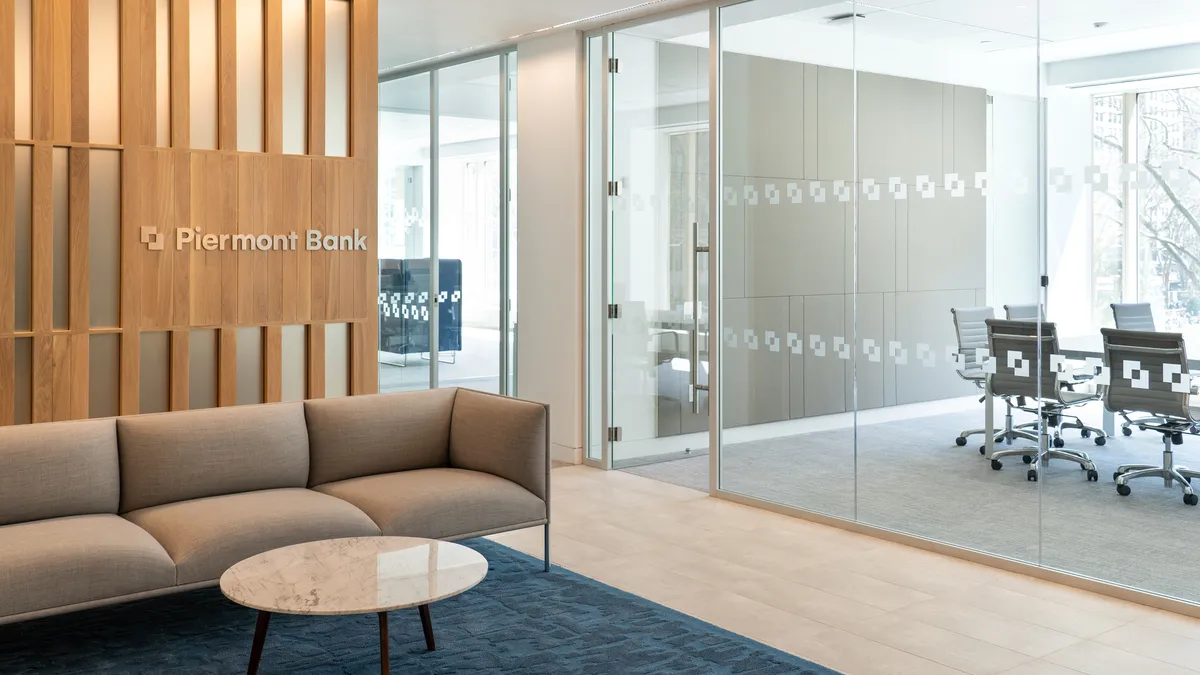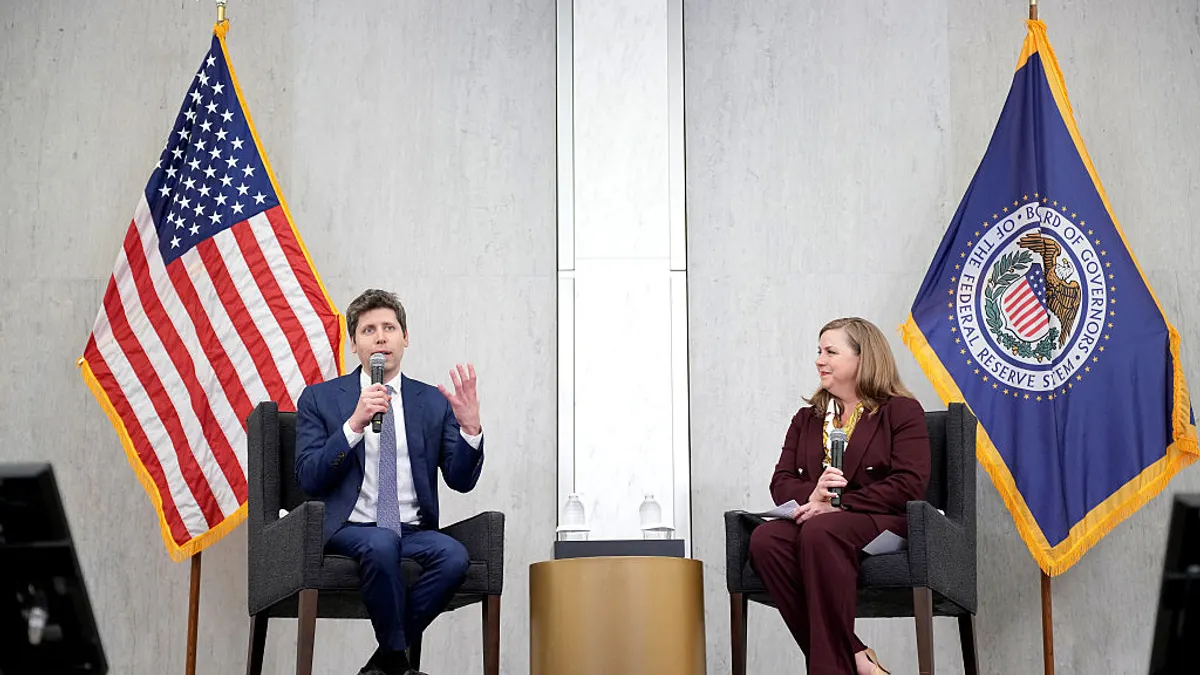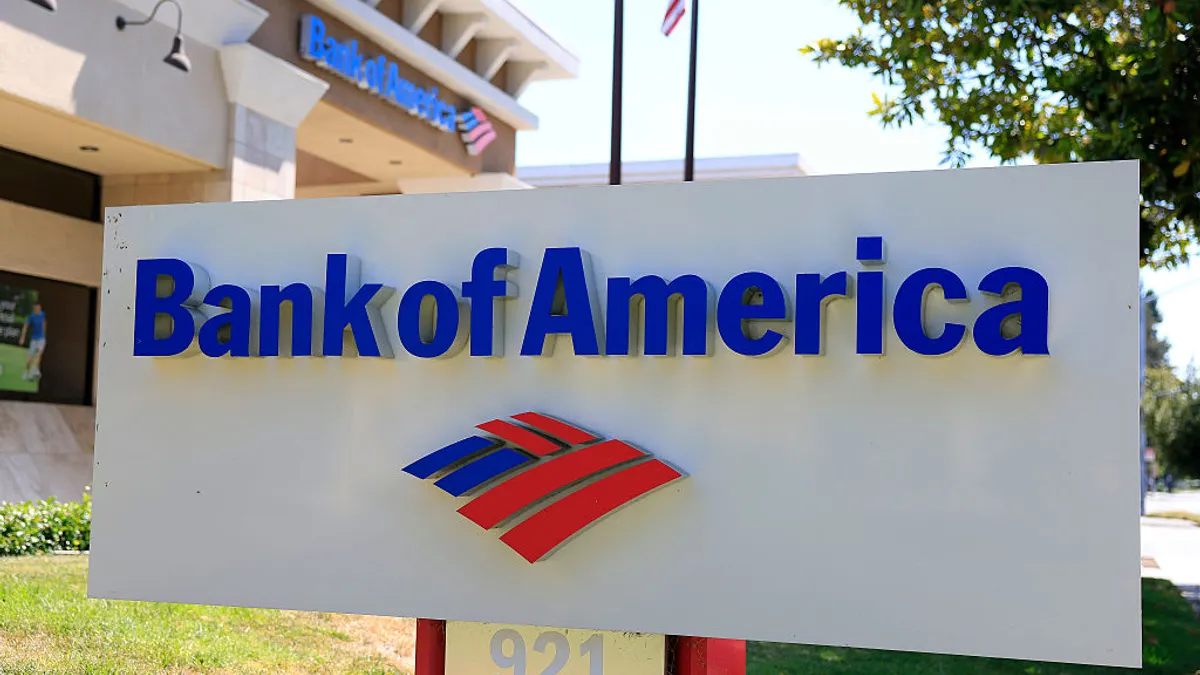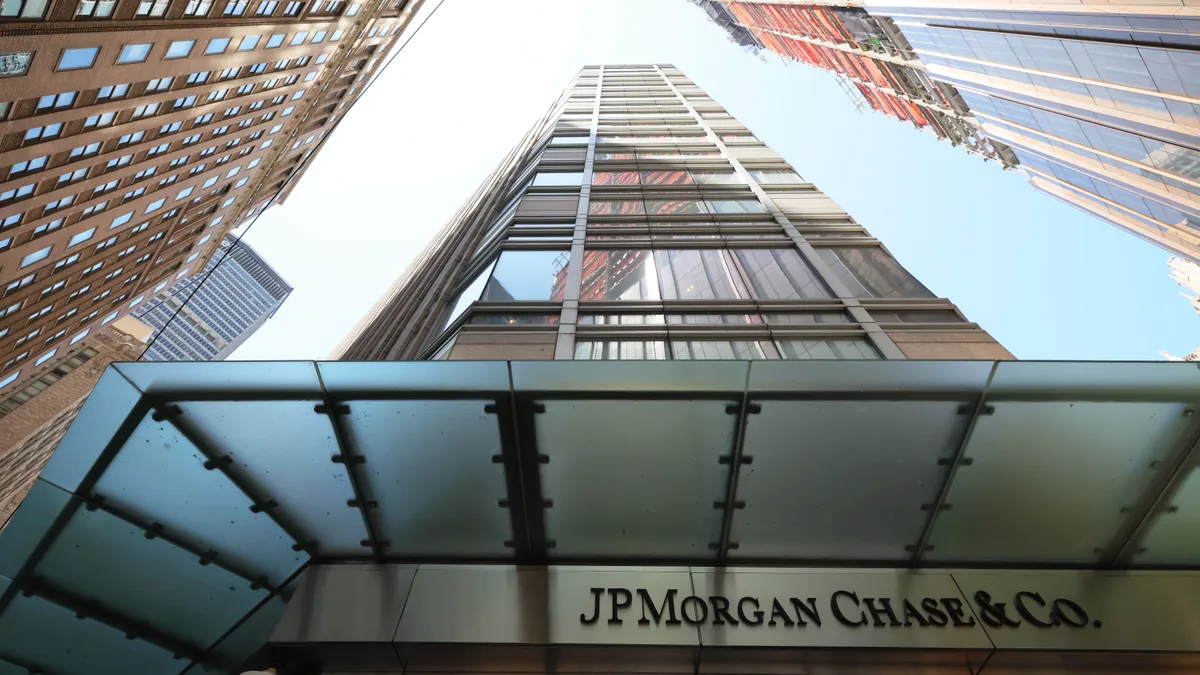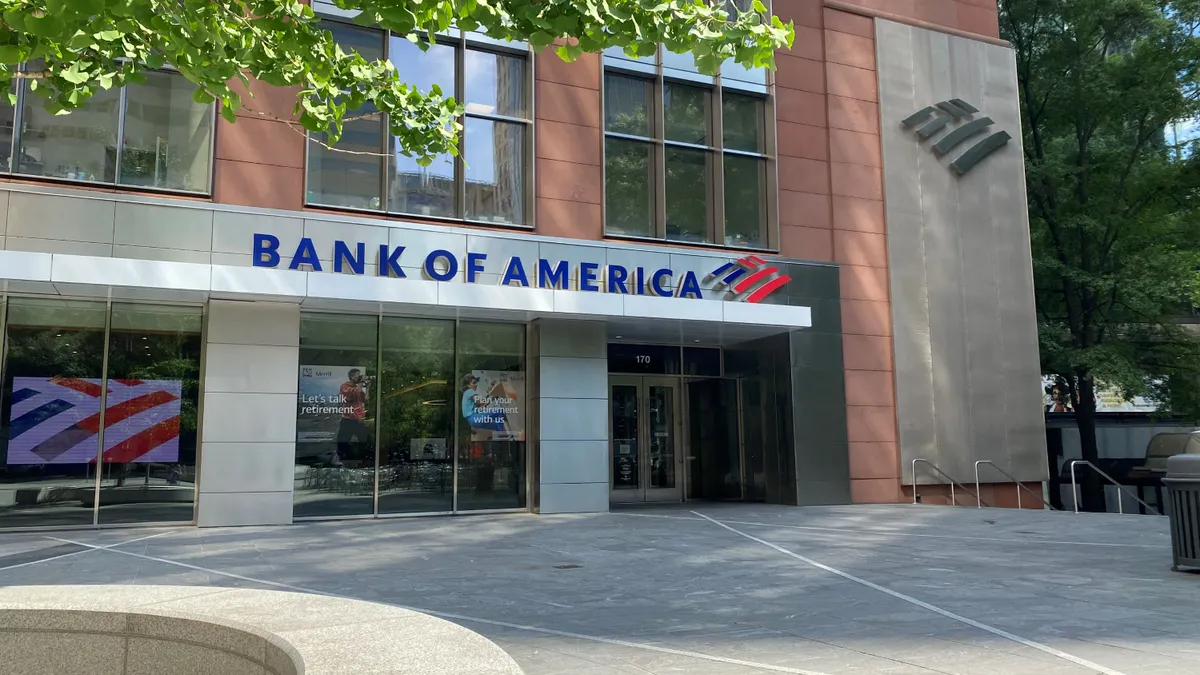The resurgent caseload of COVID-19 is forcing some large, long-standing banks to revise their office-return timelines and improvise fresh policy.
But Piermont Bank, which opened two years ago, has been molded by the pandemic.
Like many financial institutions, Piermont went fully remote when the pandemic struck in March 2020. The bank has always maintained a flexible approach to remote work — permitting it on an as-needed basis, CEO Wendy Cai-Lee said. However, COVID-19 accelerated the habituation of remote work among bank employees and clients.
Piermont employees were given the OK to enter the bank’s office again last summer. Since then, vaccines have allowed for a return to some semblance of workplace normalcy — albeit with masks and plexiglass. Some workers returned to their desks straight away, while others held off until the last possible moment. “You can’t make everybody happy,” so the best a company can do is compromise, Cai-Lee said.
In that regard, the bank instituted a hybrid schedule in June, wherein employees are expected to work in the company’s Midtown Manhattan office Mondays, Tuesdays and Wednesdays but are allowed to plug away remotely Thursdays and Fridays.
Piermont is far from the first bank to propose hybrid work. Citi CEO Jane Fraser in March pushed a three-days-in, two-days-out system. Capital One has adopted a similar mix of office-based and remote work, and designated Mondays and Fridays as virtual workdays companywide.
Piermont's smaller size simplified the logistics of transitioning from in-person to remote to hybrid work, and has made social distancing easier in a workplace setting. It has also allowed the bank to monitor the vaccination status of its employees effectively.
To date, all but two of the bank’s employees have been vaccinated, Cai-Lee said. Those individuals have previously contracted the virus. Piermont’s human resources division, meanwhile, has been keeping tabs on vaccination records with employee surveys, and requires all new hires to be vaccinated.
Big banks, by comparison, vary in how strictly they monitor or enforce vaccination policy. Goldman Sachs and JPMorgan Chase in June mandated that employees report their vaccination status but stopped short of requiring vaccination. Morgan Stanley, meanwhile, began restricting unvaccinated employees, clients and visitors from entering its New York City and Westchester County offices starting last month. Citi has since enacted similar restrictions. Wells Fargo confidentially surveyed employees on their status and, last month, began collecting data on workers' vaccination status.
Piermont relies heavily on the recommendations put forth by the Centers for Disease Control and Prevention and the guidance of New York city and state. Because most employees use public transportation to commute to and from the office, Cai-Lee said, when cases spike and “the city says that they are discouraging people from riding public transportation, that’s when we usually tell people to stay home.”
The recent swell in coronavirus cases brought on by the delta variant has forced Piermont to alter its mask policy. Although a few weeks ago the company maintained a lax stance on masking, Cai-Lee said that now “the masks are back on."
"We are enforcing them again," she said. "Essentially, you can keep your mask off if you’re in your own office or workspace, but public spaces like conference rooms or lobbies” require a mask.
Cai-Lee said the hybrid work arrangement has been a draw for new hires thus far. One of the most significant benefits of the new hybrid policy is the marriage of stability and flexibility that gives employees a better ability to tend to their personal lives. Cai-Lee encourages workers to use Thursdays and Fridays for matters like medical appointments that disrupt in-person workflow.
But still, there are some operations bank employees must complete in person. For example, when giving out housing loans, banks must file liens with the municipal government. And some government institutions hold deeply entrenched pen-and-paper mentalities. “DocuSign is great, but the deed to your house is not DocuSign,” Cai-Lee said.
Piermont’s hybrid work policy is not a one-size-fits-all solution, Cai-Lee said. CEOs in the banking world have been bombarded of late with articles about their peers’ plans to return to the office. What works for a small bank with a digital platform may not suit a larger organization.
“Every institution is different, so we have to make the best decision we can for our own company and not be distracted by all the noise,” Cai-Lee said.


